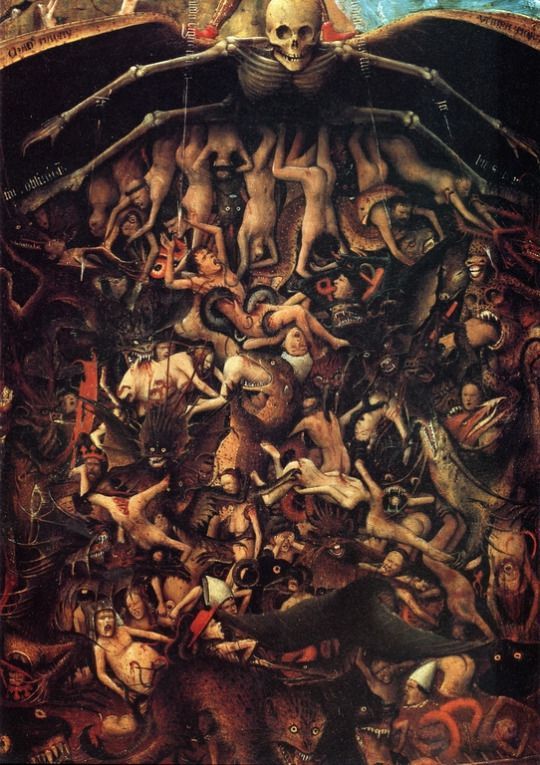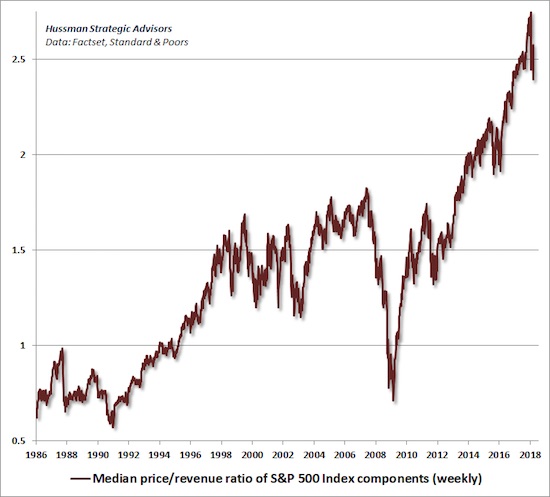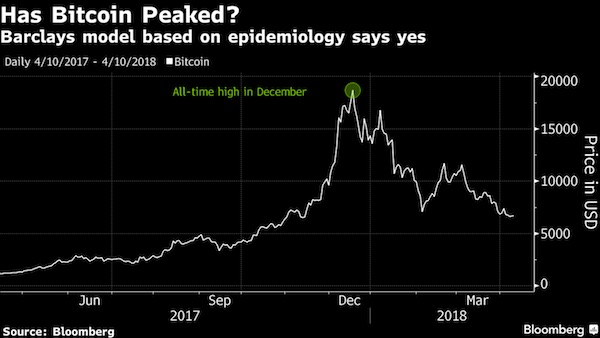
William-Adolphe Bouguereau Whisperings of Love 1889

What’s the difference between Julian Assange being robbed of his freedom for 12 years and you being robbed of yours for two? From a legal point of view, very little. Because both are based on, “justified by”, no existing laws. They are based on people who happen to have grabbed power, interpreting existing law in their own favor, aided and abetted by their respective judicial branches.
Assange being told he can have no life, or freedom, today, despite never having been formally accused, let alone convicted, of a crime, is no different than someone in Austria threatened with being imprisoned because they don’t want to be vaxxed with an experimental substance. Neither will have broken an existing and valid law, still both will end up behind bars.
I support people who say it should be everyone’s own choice whether they want to be vaccinated with mRNA or not, but I doubt that more than 2% know even what that is, what it does, and what it still may do to them, and to their children. Informed consent is not just some abstract idea, even if it is treated as such.
The vast majority of people who are coerced into being jabbed, are undoubtedly the same ones who pay no attention to what is happening to Julian Assange. They just read and watch the media they always have, and their media tells them only what the owners and sponsors of the channels and papers want to let them know.
Nothing to do with what is important to their lives, or their freedoms, just a narrow passage way in which their lives are “allowed” to take place. And nothing to do with what that may mean to the lives and freedoms of their children, or to Assange, whose “crime” is he tried to warn them about all this coming.
You cannot talk about what government agencies, like the army or secret services, do behind the curtains, that is against “the law”. And if you do, they will say that itself is against the law. It isn’t, but who cares if they find some judge who says it is anyway?
By the same token, you cannot refuse to be jabbed with some untested thing, and then again and again, because some judge will declare that refusing it is against the law. Even if there’s no such law, but there are plenty laws -including weighty international ones- that say it is not.
All three branches of government, along with industry -in this case the pharmaceutical industry, in Assange’s case the secrecy industry-, are lined up against you, just in case you might want to express an opinion that doesn’t coincide with the narrative they have devised for you, your family, your community.
You are now no longer a human being. Not in the sense that western democracies once defined it. You still have two legs and a nose, but your brain has been switched off beyond the point where it is (was?!) capable of original and independent thought. Yes, that is you, today.
You never realized it, and how could you, but you are now among the first specimens of a whole new kind of “human” being. Which historians of the future will be sure is proof of a cross between humans and sheep. Either that or a very serious deterioration of brain power, even if no such thing might show up in an autopsy.
Letting your 2 year old child be injected with spike proteins is the exact same thing as letting Julian Assange rot in some prison because the CIA doesn’t like their secrets spilled. Both signal the end of your ability to think for yourself, to make your own decisions, and down the line, obviously, to protect the people, your spouse, your kids, your family, who are dearest to you.
Because no, you do not protect them by giving in to illegal demands about either what you are free to say and do, or to your freedom to not get inoculated with some commercial chemical product. You may think there is safety in complying with the behavior of the crowd, but the bottom of the sea is full of lemmings who had that exact same thought.
Standing up for Julian Assange equals standing up for the rights and freedoms of your children. Who you, make no mistake, surrender to the wolves if you don’t speak up. We do not live in times where these is safety in crowds or in silence. That is not an option.
Or it is, but then we must give up all that makes us human, all that is essential to being who we -potentially- are, essential to your beautiful kids living up to their full potential. Which they cannot possibly do if they follow your example and not use their voices to voice what their brains tell them. You’ll end up halfway murdering your children, just like you’re actively murdering yourself today.
But I have a successful career! I have smart kids! I have a nice house! I have a great car, and the next will be an electric one! Yeah, we know, we know.
It’s just that the essence of a human being is to not be a sheep or a lemming. The essence of a human being is not a house or a car, it is courage, and empathy, and love, and independent thought, independent living.
If we fail to defend the best and brightest and bravest amongst us – that would be Julian – how can we hope to defend the less bright and brave, our very children, and what would it even be worth if we do?
What the Assange sorry story, and the blown out of all proportions Covid debacle, make me think is that we live in a turning point of history. The information age has grown up faster than we have, than we ever could.
And it’s leaving us behind. The only defense mechanism we have left is a deep notion of what it means to be human, and how that divides us from other living species, or even from machines. And we are failing.

We try to run the Automatic Earth on donations. Since ad revenue has collapsed, you are now not just a reader, but an integral part of the process that builds this site. Thank you for your support.

Support the Automatic Earth in virustime with Paypal, Bitcoin and Patreon.












